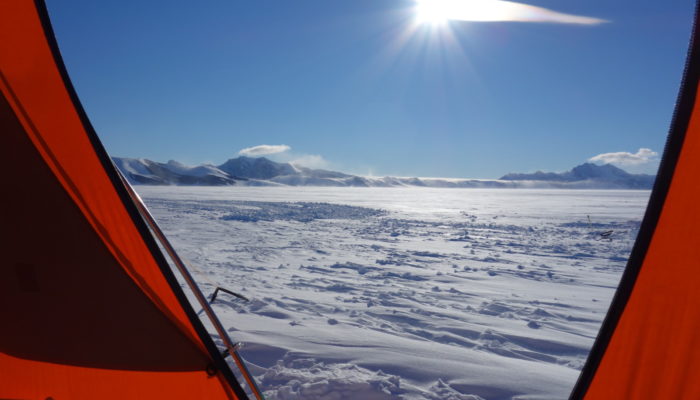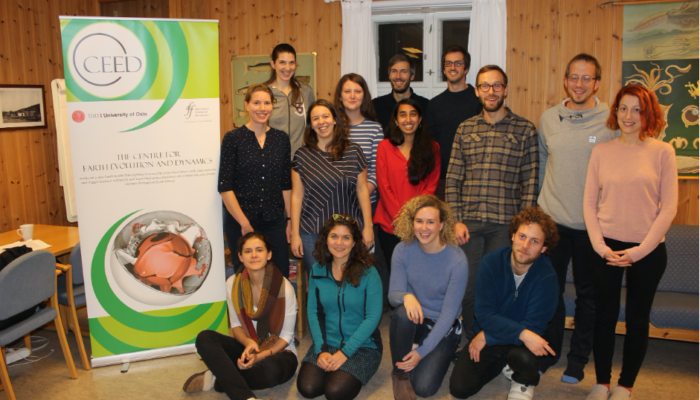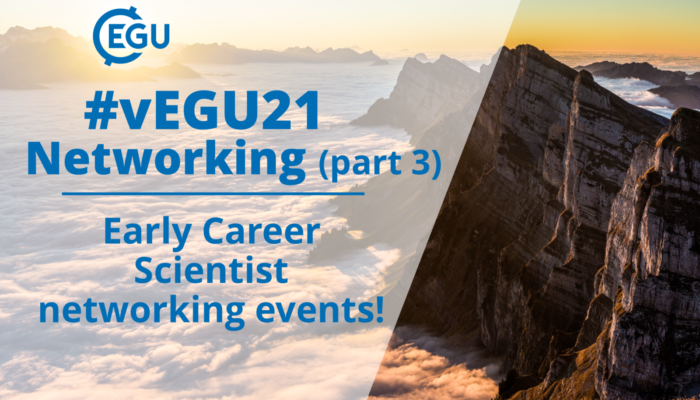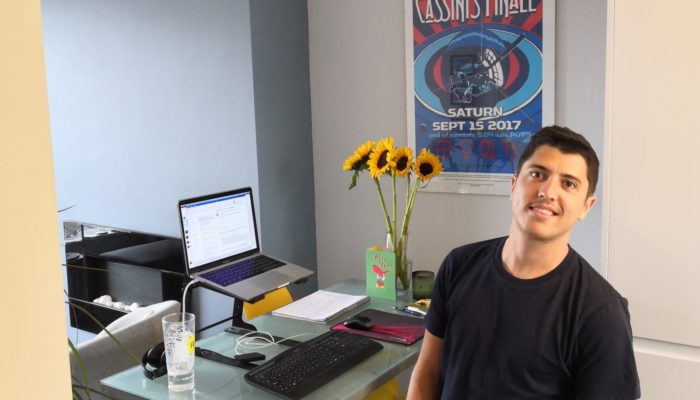From Monday to Friday over the two weeks of #vEGU21 the Early Career Scientists will be hosting networking events specific to each of the EGU’s Divisions. Keep up-to-date and discover when each ECS Division networking event is, alongside other details, in the EGU Programme by selecting “Please Select” and then “Networking” in the session programme page. Keep an eye out for other ECS events too, li ...[Read More]
Why is research in Antarctica so important?

On the 1st December 1959 the Antarctic Treaty was signed by 12 nations, setting aside nearly 10% of the Earth “forever to be used exclusively for peaceful purposes… in the interests of all mankind.” In the years that followed more and more countries signed the agreement, until today when the agreement has been signed by 54 countries around the globe. In 2010, the Foundation for ...[Read More]
How many transdisciplinary researchers does it take to find out how an ocean sinks?

There is no shortage of increasingly uphill challenges in the current research landscape, especially for Early Career researchers: discouragingly long-standing science questions; minimal freedom for developing methodologies; invariably ambivalent proposal reviews; an academic grading scheme based mainly on publication productivity and impact; and enforced competition for few permanent research pos ...[Read More]
GeoPolicy: A window into a career in Science Policy, as EGU’s first Policy Intern.
My name is Ned Staniland and I am a third year PhD student in space physics at Imperial College London. I study the magnetic field of Saturn using data from the Cassini-Huygens mission that was launched in 1997. In July 2020, I was lucky enough to be EGU’s first intern where I worked in their policy and communications team. Finding an Internship Since the beginning of my PhD, I have kept an eye ...[Read More]


